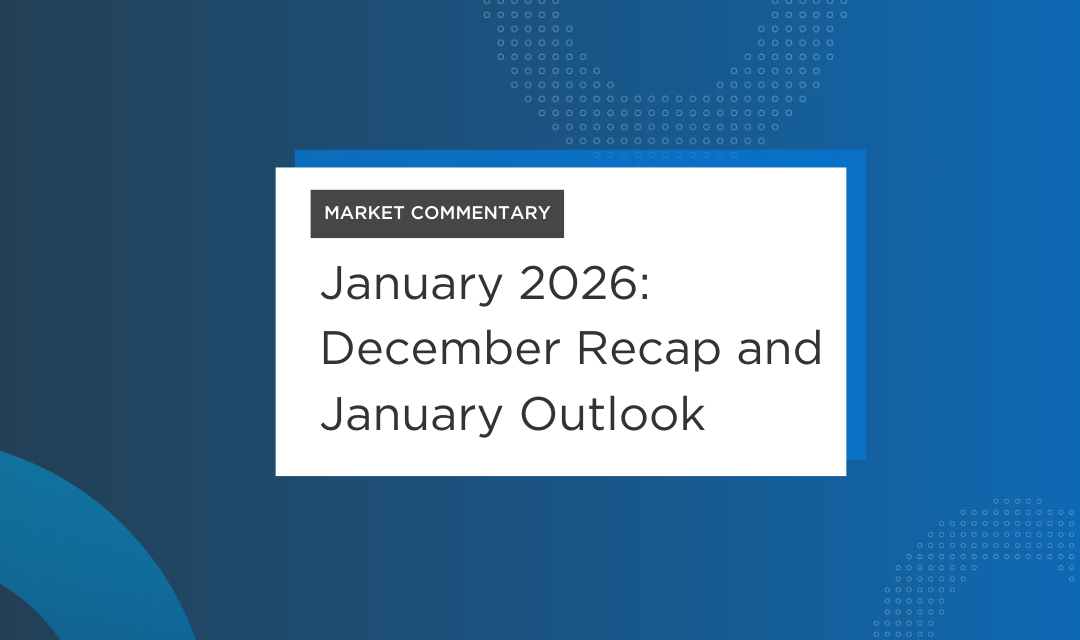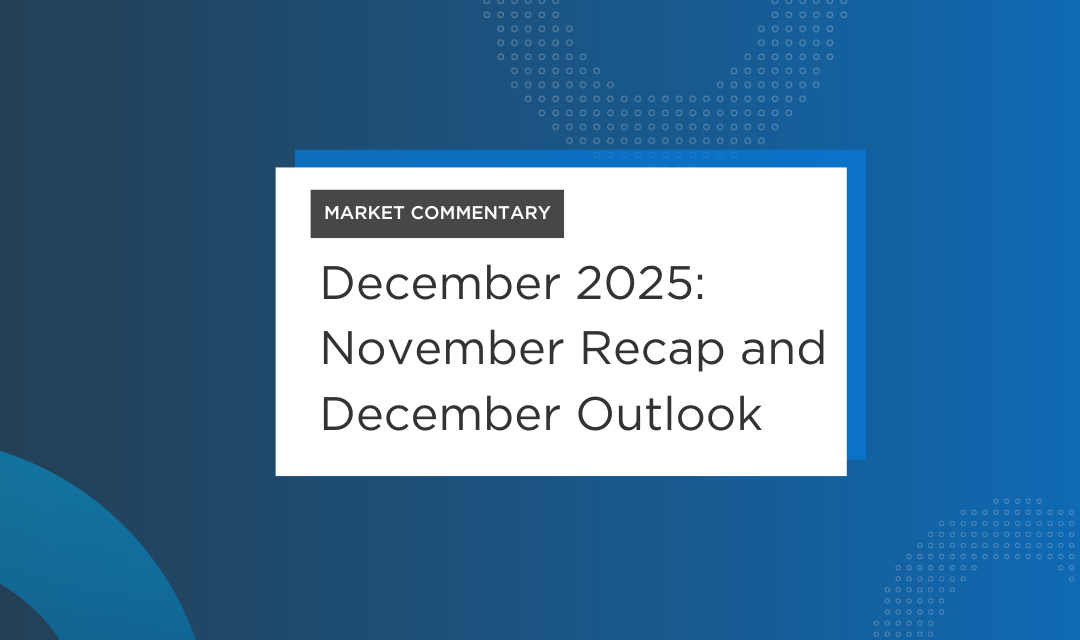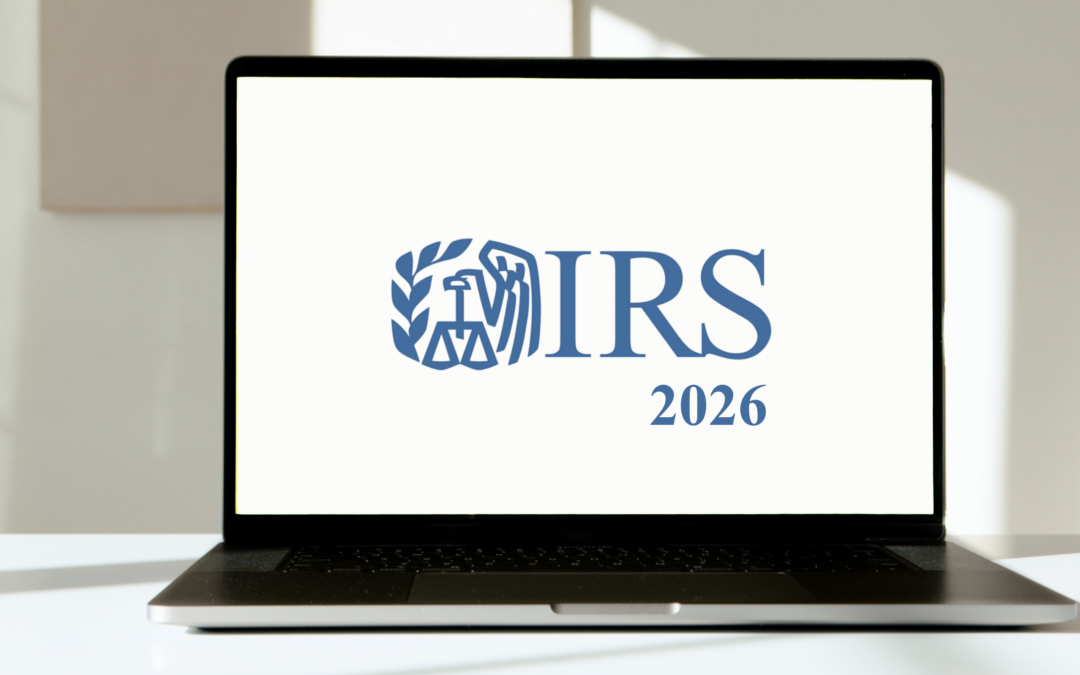Financial Literacy Month: Common Sense Money Rules to Up Your Financial Management
Financial literacy month is a time when we remind ourselves to learn as much about keeping money as we do making it. April is Financial Literacy month in the US, so designated by a US Senate resolution in 2003. In 2017, President Obama recognized and recast it as National Financial Capability Month.
The popularity of financial self-help books is an admission of how woefully deficient we feel in managing our finances. It is also an indication of the need to start our kids early on with financial literacy in the hope that, in their turn, they will succeed in keeping more of what they make.
Financial astuteness is more about common sense and discipline than anything else. Here are common sense approaches to financial management to reflect on this coming financial literacy month. These approaches also remind us that financial literacy and management are within reach of all of us.
Elements of Financial Literacy
Financial literacy depends on knowing and developing insight into the five principal aspects of money so that you can manipulate them to your success. The goal is to establish financial security as a basis for your ability to fulfill yourself.
Here is an overview of the 5 elements of financial literacy and common sense approaches to them:
1. Budgeting
Simply, budgeting means allocating your financial resources to your needs in the order of priority. The key to spending your money well is to plan how to do it. Key areas of consideration in budgeting include expenses, savings, and charity.
You can learn the skill of budgeting at school, but it won’t do you much good without a healthy dose of common sense.
Here is how you can employ common sense in budgeting:
a. Honesty
Be honest and realistic about what you can afford unless budgeting is an exercise in wishful thinking for you. Dishonesty makes you live beyond your means, defeating the whole purpose of budgeting.
Being taken in by keeping up with the Joneses, fancy adverts, and the convenience of credit cards is a sure ticket to debt.
b. Spend Wisely
Wise spending is integral to budgeting as it helps you save and stretch the dollar.
Spend on quality rather than quantity. A good quality suit may cost more, but it looks better and lasts longer than a couple of cheaper suits that shrink and fray after only a few wears. Spending wisely is more about cost-effectiveness than cost.
Unless it is counterintuitive, take advantage of discounts, coupons, and other offers that let you spend less. The less you spend, the more you can afford what you want.
c. Saving is not an Option
Contrary to common practice, saving is something you do before spending, not after.
The economic formula for wealth creation is straightforward – investments equal savings. Without saving, you cannot multiply what you have and will be forever bound to the rat race, only living for the day.
Besides, savings are essential for the inevitable rainy day. You should strive to save enough to handle common emergencies without debt. Savings also make it possible to take breaks from money-making, which rejuvenates and improves productivity.
If you save, you can handle expenses larger than your periodic income without resorting to a loan. Rather than borrowing to buy a car, you may save for it instead.
d. Spend Less than You Earn
Investment may equal saving, but saving, in its turn, is the difference between income and expenditure. In other words, you can only invest if you save, but you cannot save unless you spend less than you earn.
A budget that employs these common-sense principles keeps you out of debt and lets you save and invest.
2. Credit
The likelihood of resorting to credit is almost certain. Debt can unlock opportunities for you that will make you prosperous. Whether student loans, medical loans, mortgages, or credit card debt, it helps you finance expenditures you cannot afford presently.
A common sense approach to credit can help you avoid most of its pitfalls. Some of these include
a) Do not Borrow to Fund Consumption
Debt does not come for free and it in fact makes whatever you are spending on more expensive than it really is. For instance, if you borrow $10,000 at 20% interest to buy a car that costs $10,000 cash, you will pay $12,000 for it.
The expenditure makes little sense unless you expect the car to make you money, for that is the only way you can afford it. Besides, debt is a charge against your future income. If your income is insufficient now, it will be more so when paying off debt. However, a debt that goes to investment will likely make enough to pay itself off.
b) Pay Off Your Debts
The only way out of debt is to pay it off as soon as possible. The longer you hold it, the more it costs in interest. Besides, having debt on your books makes you even more vulnerable in an emergency.
Pay off your debt by reducing your expenditure, so you have more left over, or try to make more money instead. Resist the urge to take on more debt to settle what you already owe. Financial institutions sell you this option because it keeps you indebted and makes them more money.
c) Avoid Debt
Despite what everyone says, debt will likely cause you more grief than joy. Sometimes debt is inevitable. Even then, take only as little as you can, and pay it off as quickly as possible. It is the most effective way of living a financially stress-free life.
3. Taxes
Taxes are a certainty of life, but the tax system is so complex, even Einstein declared it the hardest thing to understand. Those who do not understand it lose money by it, and those who do make and save money.
With some common sense, you may be among those that benefit from the tax system. But what do you need to do?
1) Understand the Tax System
The most reasonable thing to do is understand how taxes work, especially as it applies to you. First, this helps you understand your tax obligation. Remember, taxes are levied by law, and ignorance of the law is no defense. To avoid penalties for default, acquaint yourself with the system, or hand over your tax affairs to a tax specialist.
Also, understanding how the system works reveals to you the loopholes you can exploit to reduce your burden and discover what breaks you are entitled to.
2) Maximize your Returns
Tax avoidance is legal, and you should consider taking advantage of it. The tax system is rife with loopholes you shouldn’t overlook when paying taxes. Remember, the less you pay in taxes, the more you have left over.
3) Plan for Taxes
Since taxes are unavoidable, planning for them helps you reduce some of the burdens. The form in which you receive it changes the nature of the tax obligation. If you anticipate an income, you may choose to receive it as an expenditure rather than an income.
Unless you are very knowledgeable, hiring a tax specialist for this makes sense.
4. Management Principles
Money is a resource we employ to help us lead a more fulfilling life, and management is key to unlocking its full potential. Learning management principles enables you to deploy your money more effectively.
All these management principles are premised on common sense. If you follow them, you can lead a financially secure and fulfilling life.
I. Have a Purpose
Have a purpose for your financial life. Being financially literate begins by knowing what you want to achieve ultimately with your economic life.
Many want to make so much money that they never have to worry about money again. However, would you sacrifice your peace of mind, health, and relationships to achieve this?
Financial security is always a means to an end. What you want is to be happy and lead a fulfilled life. Money is a great help towards that, but also often hampers it. Manage your finances in a way that helps you achieve your purpose.
II. Take Charge
To be a successful manager of your finances, you must develop the skills of a leader. Take charge of all the elements and guide them toward your purpose. Be an effective persuader of people and develop communication skills.
Still, you need to conquer yourself and your impulses first, as these impact the outcome more than external elements. Having overcome yourself you will find it easier to take charge of anything else and have more control over yourself.
Also, cultivate your confidence, especially concerning taking chances. Be a practical planner as well so you can productively use the resources at your disposal.
III. Discipline
Discipline is an underrated common sense principle, yet it makes all the difference. Financial literacy is more than being aware of sound financial practices.
Many of us are aware of the virtues of saving. However, that alone doesn’t make us start saving. What’s more, most people know, and have had the experience of the badness of credit card debt, but that alone has not made them more cautious.
Financial awareness includes breaking bad habits and developing good ones. In that, discipline changes everything.
Events like the upcoming financial literacy month are great for motivating us to a flying start, but our eagerness rarely lasts. We give up and revert to the old harmful ways unless discipline kicks in.
IV. Accountability
You are more likely to succeed in managing your finances if you can develop a system of accountability against which you can evaluate your progress. The evaluation system helps you to pinpoint areas of deficiency that need improvement. Using the accountability system, you can tell whether you are progressing at all.
The evaluation system need not be complicated. It can be an associate or mentor, a self-evaluation tool, a journal, or a mental review. All it has to do is keep the purpose and goals before you so that you set your compass by them.
Looking to Improve Your Financial Literacy?
It is rare to find a person with no financial worries, and most find their cause in financial illiteracy. Financial literacy goes beyond mastering the concepts of financial management to mastering the skills and habits necessary to bring about change.
This is more in line with the Financial Literacy Month. Luckily, one does not need a university degree to manage their finances.
SOURCES USED:
https://dhewd.mo.gov/ppc/studentloans/FinLitMonth.php
https://www.forbes.com/sites/rcarson/2021/04/27/6-ways-to-boost-financial-literacy-and-empower-your-financial-future/?sh=4f21a494e14e
https://nationaltoday.com/financial-literacy-month/
DISCLOSURES
Investment advisory services offered through TCG Advisors, an SEC registered investment advisor. Insurance Services offered through HUB International. Tax services offered through RPW Solutions. Although the information in this blog has been compiled from data considered to be reliable, the information is unaudited and is not independently verified.
Tax services offered through RPW Solutions. TCG Advisors does not provide tax, legal or accounting advice. This presentation was prepared for information purposes only, and is not intended to provide, and should not be relied on for, tax, legal or accounting advice. You should consult your own tax, legal and accounting advisor before engaging in any transaction.
This website is not authorized for use as an offer of sale or a solicitation of an offer to purchase investments. This website is for informational purposes only and does not constitute an offer to sell, a solicitation to buy, or a recommendation for any security, or as an offer to provide advisory or other services in any jurisdiction in which such offer, solicitation, purchase or sale would be unlawful under the securities laws of such jurisdiction. TCG.29.2023



